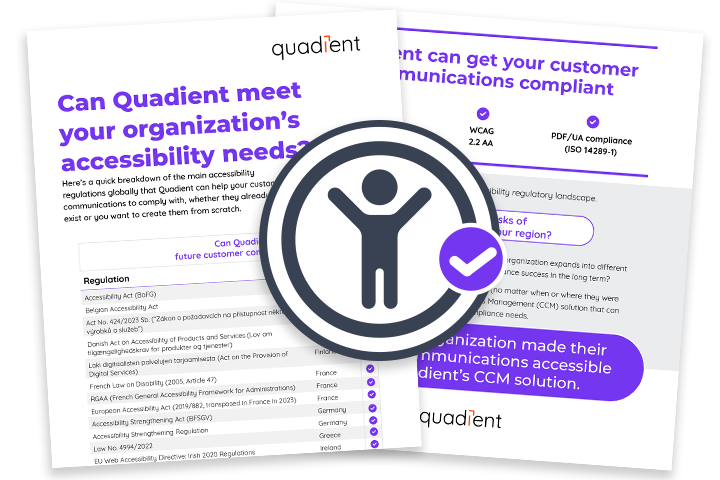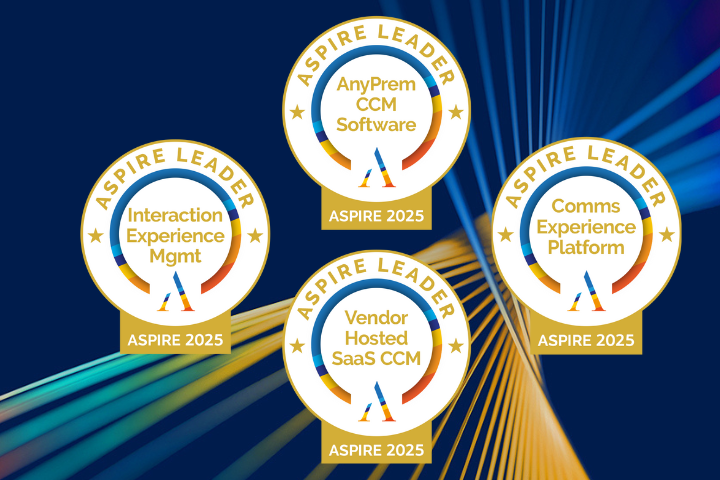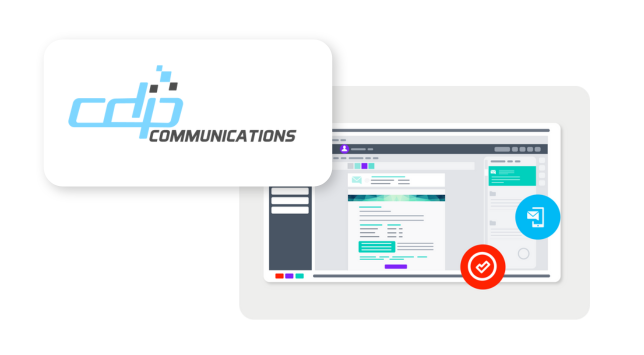
The right managed service provider (MSP) can overhaul how your business manages its customer communications. But MSPs involve a heavy upfront investment and a close partnership, making it hard to achieve the perfect fit.
So, what do you need to know when selecting an MSP?
Has the MSP Got Your Business’ Interests at Heart?
Any third party that you collaborate with will have their own strategy. That's business. But if you choose to enter into a service agreement with a third party, their goals and priorities should never pose a threat to your enterprise.
When you’re evaluating potential MSPs to partner with, it’s important to know that:
1. Their long-term goals align with yours: If these goals are misaligned, your organization could end up with a raw deal.
For example, an MSP might disinvest in a key offering that your organization initially signed up for because they decide to prioritize a different service offering. This could undermine long-term stability in your operations and result in your organization paying for a service which no longer serves your company’s needs.
Ask how they’re investing in their product suite and what their goals are in the long term. Are they committed to delivering what you need them to deliver?
2. They’re committed to their customers: Speaking of MSPs’ business strategies, what’s driving them? If the answer isn’t elevating their customers, you may want to look elsewhere. This likely means they’ll scale and adapt their service to meet your changing needs as your business grows.
As part of your comparison process, ask candidate MSPs for evidence that they always keep their partner’s best technology, security, and cost interests in mind — this could come in the form of case studies, SLAs, previous customizations, or CSAT scores. You could also ask to speak directly to existing customers or reserve the right to conduct independent third-party audits — a dedicated MSP will be open to this.
What Are Your Must-Haves?
A one-size-fits-all solution won't tackle the specific needs and pain points that your company needs addressing. Each business is unique and, for maximum impact and ROI, requires highly bespoke services. Therefore, it’s imperative to select an MSP that doesn’t shy away from customizing.
You might assume that most MSPs lean into tailoring their services, but many offer a standard services template and will push back on requirements that don’t fit their stock document, diminishing the value of your investment.
If you have strict requirements about data residency, incident response plans, or uptime guarantee, clearly identify these non-negotiable requirements in your Request For Proposal (RFP)*. Some MSPs may even have tools that help you to identify these.
*The first stage of creating an RFP involves defining your current state of communications. Some MSPs can help to automate this work. For example, Quadient’s AI-powered tool helps you to do this up to 95% faster.
Will the MSP Support Your Long-Term Success?
Or will they offer your organization the minimum support while relying on the fact that you’re locked into their solution for the long haul? Some MSP contracts make it hard for companies to leave by making it near-impossible or extremely expensive to leave. This can be damaging to businesses that no longer require the MSP’s services, or don’t have the right fit.
So how do you avoid being let down by your MSP in the long-term?
Research; internal, external, as much as possible. Conducting scenario analyses will help you to understand your risk thresholds and acceptable timelines. Investigating the MSP enables you to understand how reputable and stable they are, deciding whether they present any risk to your organization.
These insights give you visibility into your business’ future needs while evaluating whether the MSP can manage these upcoming projects. It also serves to make sure that your internal stakeholders are all aligned on the same growth plan and priorities. Finally, it helps you to establish confidence in the long-term success of the solution.
Moving Forward
As you move forward with discussions, demos, and initial calls with potential MSPs, use this checklist to help you pick the right MSP for your business needs.







